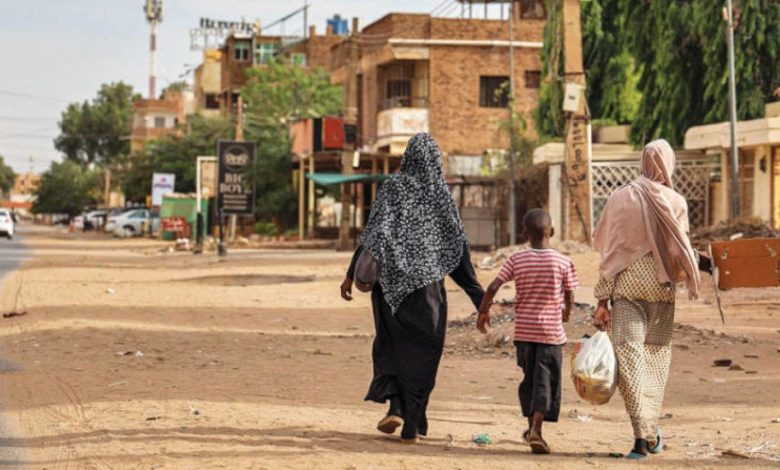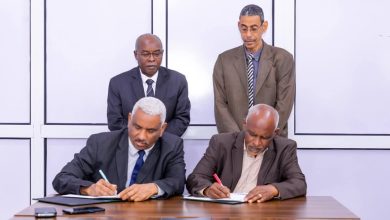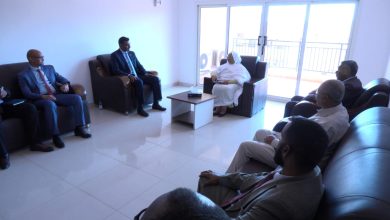Economic
Struggling to Survive: Khartoum Residents Suffer Under Intense Economic Pressure

Report by Rehab Abdullah
Residents in several areas of Khartoum under the control of the Rapid Support Forces (RSF) expressed their relief as the Sudanese army began entering some regions to free them from militia control.
*Harsh Economic Conditions
They revealed that they are forced to remain in their homes amidst the ongoing war due to their financial situations, which prevent them from relocating to safer states. Moving requires significant cash for bus or coach tickets, and settling in safe areas also demands money, especially with high housing costs. Many also complained about the poor conditions in shelters, which are unsuitable for living.
*Unpaid Salaries
Leila mentioned that she stayed with her family in their home in Tuti, as they have no relatives in other areas to host them. She also pointed out that she has been unable to receive her salary, even though some government institutions have provided 60% of the wages. However, she couldn’t travel to safe areas to collect it.
*Financial Support from Relatives
Mohammed Abdullah, from Al-Kalakla Al-Munawara, said he has been receiving financial support from his relatives abroad via the “Bankak” app. He uses this money to cover the needs of his large family, despite the steep rise in prices. Speaking to Al-Ahdath, he explained that five small pieces of bread now cost 1,000 SDG, a quarter kilo of lentils costs 4,000 SDG, while a quarter kilo of onions is 4,500 SDG, and the price of a kilo of sugar is 4,500 SDG. The price of beef ranges between 20,000 and 24,000 SDG, and a liter of cooking oil is 8,500 SDG. Despite these challenges, he said, “we’re still struggling to stay in our home,” highlighting issues using the “Bankak” app, which only works through Starlink with a 30% commission fee.
*Skeletons
Many Khartoum residents enduring the war said they haven’t received any aid, whether in cash or goods, since the conflict started. The only relief available has been through “Tekaya,” which provide a single meal per day, usually consisting of lentils, porridge, or peanuts. They shared that to receive these meals, people have to leave early and stand in long queues to get a handful of food. One resident mentioned that he and his family have become like “skeletons” due to the lack of proper nutrition. He also noted that several people, particularly the elderly, children, pregnant women, and nursing mothers, have died from hunger.
*Difficulty Accessing Medical Treatment
Al-Sir Abdel-Aty revealed a major problem for those living in areas controlled by the RSF: access to healthcare. Hospitals, such as the Turkish hospital in Al-Kalakla, deny treatment to those not affiliated with the militia, prioritizing RSF members and their collaborators. Anyone suspected of cooperating with the Sudanese Armed Forces is denied care. There is also a severe shortage of medicine for diabetes, hypertension, and malaria, with prices skyrocketing. A single malaria injection now costs 4,000 SDG.



